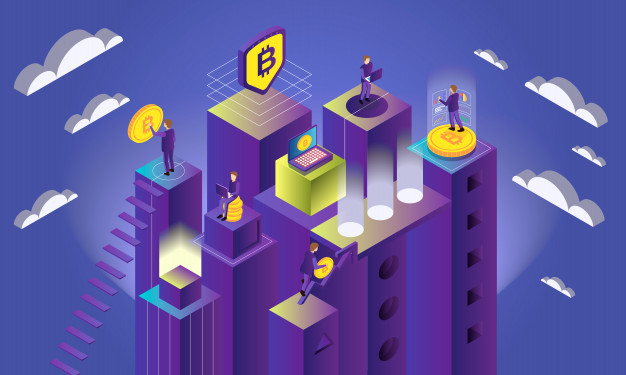
Blockchain technology, also sometimes referred to as Distributed Ledger Technology, records the history of any digital asset and makes them unalterable and transparent through decentralization and cryptographic hashing. Before we get into how this technology affects accountancy, we must understand what Blockchain is. A blockchain is a database that stores encrypted blocks of information then chains them together to form a single chronological source of data. The receiver or the transferor cannot edit digital assets transferred through this; it is more of a distribution of the asset than a copy of the asset. The assets chained in this form are decentralized; they allow full real-time access and transparency to the public. This technology preserves the integrity of the asset. Blockchain takes lots of security measures, and its public form makes it prime technology for today’s market. In simple terms, Blockchain is a database that can record all transactions and keep track of all digital assets; since it is a decentralized form of database, no single person has control over it. Now that you understand what Blockchain is let’s know how this technology affects accountancy?
Blockchain has many applications for auditors. Determining a company’s financial status would be much easier if all the company’s transactions are recorded in the Blockchain. This would bring about a significant change in how audits work. A blockchain would help provide a complete picture of the appropriate data; it could also help with the transaction level assertions that an auditor has to deal with. And it would help the auditor to focus on the high-level questions of the audit.
Blockchain technology offers many new opportunities for people working in the accountancy profession. This allows accountants to guide and influence how a blockchain is made and embedded and how it is used in accounting. They can also develop Blockchain led solutions and services. Accountants can play an essential role in making Blockchain an integral part of our financial system. They can help standardize and optimize a blockchain. Since a blockchain has many applications, accountants can help determine the crafting regulations and standards to be used for it. Accountants can also work as advisers to companies that are joining and implementing Blockchain. An accountant’s knowledge on the subject will always help the company prosper, making an accountant a prime adviser for companies to hire.
Most accountants are concerned that this groundbreaking blockchain technology will cause trouble for their jobs. Even though blockchain technology will help out companies, it won’t be perfect. Blockchain has disrupted the market, and in these times, an experienced accountant can make or break a company. An accountancy firm can provide the safety and security a vital needs in these times. There will always be a need for a good accountant that categorizes the transactions and information in the Blockchain. So, if accounting jobs are in danger, the answer to the question is ‘NO.’ In fact, accountants are the ones who can help implement this new system and maintain it.
Well, the truth is that Blockchain is going to be here for a long time. And the applications it can provide us will only increase in time. It will change how our current accounting system works; it won’t make accountants irrelevant but make them more efficient in their work. Blockchain will provide solutions to various problems that we have in the market today. It is essential to keep in mind that it will bring some new issues to light too, but it will be the job of our accountants to deal with them.